Odoo ERP: Leverage Modularity for Tailored and Agile Management
Odoo ERP is one of the most flexible and customizable business management solutions on the market. Known for its exceptional modularity, Odoo allows businesses to build a tailored ERP (Enterprise Resource Planning) system that perfectly fits their specific needs. In this article, we will explore advanced strategies to fully leverage the modularity of Odoo ERP to create agile and optimized business management.
Understanding Odoo’s Modularity
Feature: Independent Modules and Seamless Integration
One of Odoo ERP’s greatest strengths is its modular structure. Each module corresponds to a specific business function, such as sales, purchasing, accounting, or human resources management. This modularity allows businesses to start with basic functionalities and gradually add new modules as their needs evolve.
Example Use
Consider a manufacturing company starting with Odoo to manage its core operations. It begins with inventory and sales management modules. As the company grows, it decides to integrate the production management module to plan and control manufacturing processes.
By leveraging Odoo’s modularity, the company can then add the accounting module to automate billing and payments, while also integrating CRM to enhance customer relationship management. This modular approach allows the company to evolve at its own pace, adding only the functionalities needed at the right time.
Advanced Strategy
To maximize the effectiveness of Odoo ERP, start by identifying your company’s critical processes. Prioritize modules that address immediate needs, then plan to integrate additional modules to support growth and diversification. For example, a startup might begin with accounting and CRM modules before adding more complex modules like project management or purchasing.Advanced Strategy
Customization: Tailoring Odoo to Your Specific Needs
Feature: No-Code Customization and Custom Development
Odoo offers customization options at multiple levels. Businesses can adjust workflows, data fields, and reports without requiring development skills. For more specific needs, Odoo also allows advanced customizations through bespoke development.
Example Use
A food distribution company uses Odoo to manage inventory and orders. Thanks to Odoo’s customization capabilities, it can configure the inventory management module to track expiration dates, reorder levels, and warehouse locations specific to each product. Additionally, order reports are customized to reflect the specific needs of clients, enhancing satisfaction and loyalty.
Advanced Strategy
To go further, businesses can use Odoo Studio, an integrated tool that allows for creating custom applications without writing a single line of code. This enables the design of forms, views, and processes fully tailored to your needs while ensuring seamless integration with other Odoo modules.
Automating Processes with Odoo
Feature: Automation of Repetitive Tasks and Intelligent Workflows
One of the main advantages of an ERP is the ability to automate business processes. Odoo allows for automating a wide range of tasks, from invoice sending to supply management.
Example Use
A service company uses Odoo to automate invoicing and subscription management. Thanks to automation, recurring invoices are generated automatically at regular intervals, and payment reminders are sent without human intervention. This significantly reduces the risk of errors and ensures a more predictable cash flow.
Advanced Strategy
By combining automation with management rules defined in Odoo, businesses can create intelligent workflows that automatically respond to specific conditions. For example, if a product’s stock reaches a critical level, Odoo can automatically generate a purchase order to replenish inventory. This proactive approach in operations management helps avoid stockouts and maintain customer satisfaction.
Customer Relationship Management (CRM): Enhancing Customer Interactions
Feature: CRM Integration with Other Odoo Modules
Odoo’s CRM module is fully integrated with other ERP functionalities, allowing for smooth management of customer interactions throughout their lifecycle.
Example Use
A consulting firm uses Odoo’s CRM to track leads and convert them into clients. Thanks to integration with the project management module, signed contracts are automatically linked to corresponding projects, facilitating planning and deliverable tracking. Additionally, customer information is centralized, enabling sales and support teams to work more cohesively.
Advanced Strategy
To maximize CRM effectiveness, businesses can use Odoo’s analytics tools to segment clients and prospects based on their behaviors and specific needs. This allows for personalized communications and offers, increasing conversion rates and loyalty.
Human Resources Management (HR): Optimizing Human Capital
Feature: Comprehensive Employee Management and HR Process Automation
Odoo’s HR module covers all aspects of employee management, from hiring to payroll, including absence management and performance evaluations.
Example Use
A growing SME uses Odoo’s HR module to automate leave and absence management. Employees can submit leave requests directly via Odoo, which automatically validates them based on company policies and the availability of other team members. This automation simplifies HR management tasks and ensures complete transparency in absence management.
Advanced Strategy
To go further, businesses can integrate the HR module with the evaluation module to automate performance review processes. Employees can receive regular feedback via Odoo, and evaluation results can be used to plan training or promotions, thereby optimizing internal talent development.
Odoo and Accounting: Simplify Your Finances
Feature: Automated Accounting Management and Tax Compliance
Odoo offers an accounting module that integrates perfectly with other modules for comprehensive financial management, from invoicing to tax reporting.
Example Use
A professional services firm uses Odoo’s accounting module to automate expense and revenue tracking. Customer invoices are generated automatically from projects, and payments are reconciled in real-time with bank statements. Additionally, customized financial reports are available at any time, providing complete visibility into the company’s financial health.
Advanced Strategy
By using Odoo’s advanced features for international payments and currency conversion, businesses operating globally can automate multi-currency accounting. This automation reduces the risk of currency exchange errors and ensures compliance with local regulations, while simplifying global financial management.
Odoo ERP is much more than just a management software; it’s a modular ecosystem that allows businesses to create a management system entirely tailored to their needs. By leveraging Odoo’s modularity, businesses can not only optimize their daily operations but also gain agility to rapidly adapt to market changes. With the support of De Bouana, you can be sure to make the most of Odoo ERP to transform your business management into a true lever of growth and innovation.





